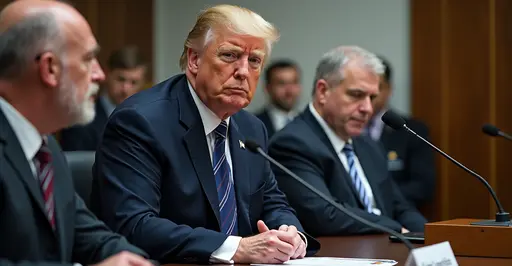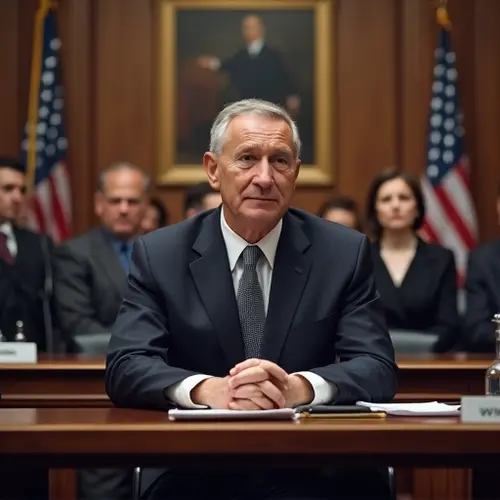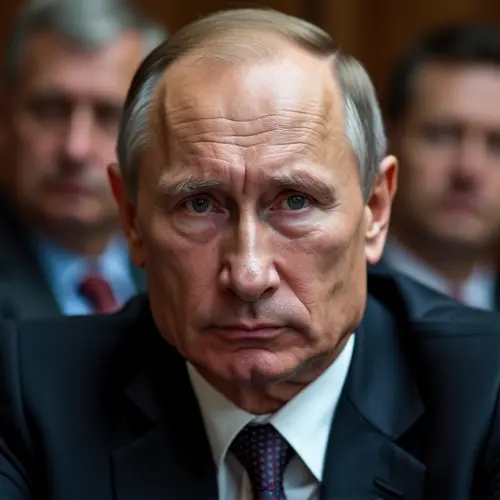
Federal Judge Overturns Sanctions Against Hague Tribunal
A US federal judge has invalidated President Trump's sanctions against the International Criminal Court (ICC), ruling they violate constitutional free speech protections. The sanctions, imposed in February 2025, authorized financial penalties and visa restrictions against individuals assisting ICC investigations of US citizens or allies.
Impact on International Justice
The sanctions severely hampered the ICC's operations, particularly investigations into alleged war crimes in Afghanistan and Gaza. The Hague-based court relies on international cooperation for evidence collection and witness testimony, which became significantly restricted under the sanctions regime.
Court's Constitutional Reasoning
In her ruling, the judge stated: 'The executive order excessively restricts free speech beyond what's necessary to achieve its stated purpose.' She noted the sanctions punished any cooperation with ICC personnel regardless of whether it related to investigations involving the US, Israel, or other allies.
Political Context and Reactions
The Trump administration implemented sanctions following ICC moves to investigate possible war crimes by US forces in Afghanistan and Israeli actions in Gaza. Neither the White House nor ICC officials have commented on the ruling. Historically, President Trump has frequently challenged judicial decisions opposing his policies.
ICC's Mandate and Challenges
Established in 2002, the ICC prosecutes genocide, war crimes, and crimes against humanity when national courts are unable or unwilling. With 125 member states, it lacks enforcement power and relies on international cooperation. The US has never ratified the Rome Statute establishing the court.

 Nederlands
Nederlands English
English Français
Français Deutsch
Deutsch Español
Español Português
Português







